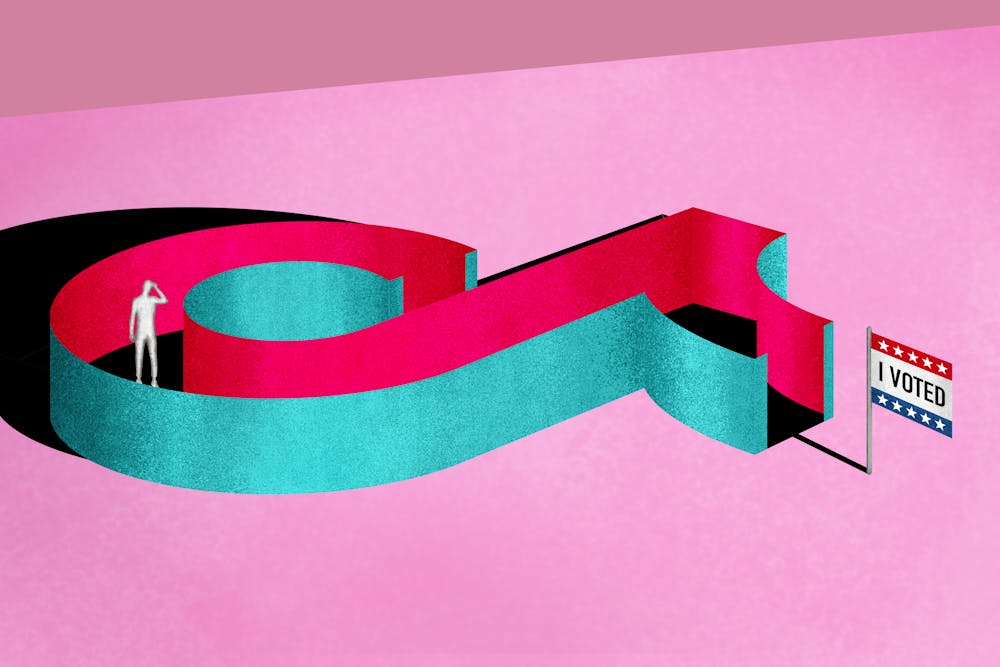Last week, I was catching up with my older brother when he casually mentioned that South Carolina lowered the drinking age within the state from 21 to 18. Intrigued, I did a quick Google search and was immediately met with a fact-checking site that confirmed this was false. When I asked my brother where he had heard this from, he responded with a simple “I saw it on TikTok.”
I (for the most part) love my brother, but this is a common occurrence for him. He frequently mentions facts about some news and attributes it to social media. Even though it can usually be quickly disproven by a Google search, lots of us still run with the first thing we hear, and these days that can be especially dangerous.
Misinformation has a growing concern within the past decade, but it was greatly exacerbated by the onset of the COVID-19 pandemic.
Take my uncle, for example, who spent the majority of his time in the pandemic becoming indoctrinated by far-right “COVID-is-a-hoax” online groups. I watched as each day he reposted groundbreaking Facebook studies that exposed the latest COVID-19 vaccine.
Posts like these were humorous at first glance, but it's quite upsetting taking into account that almost a quarter of Americans share made-up news stories. There are many stories of people deceived by online misinformation, and basing risky decisions on this misinformation. Some who believed in online conspiracy theories about the COVID-19 vaccine and refused to get vaccinated put their lives at risk.
Misinformation played a major role in our own events on our campus in the past month. In the first lockdown that occurred, panic, reasonably so, swept over the campus. However, along with that panic came misunderstandings and rumors that greatly escalated the situation among students.
I heard from several people that a hostage situation was occurring, that there were three shooters, all of whom were dressed in police outfits going door to door. For three hours, students sat and attempted to update each other, oftentimes without confirming if what they were sharing was true.
All of this was understandable. It was a traumatic and shocking situation, one nobody is equipped to deal with perfectly. People were sharing these updates with the hopes of keeping others safe. It is, however, unfortunate that misinformation is a natural byproduct of social media and instant messaging.
A month ago, a close friend, visibly outraged, showed me a video from X in which a Chelsea Clinton campaign bus was run off the road by a hoard of trucks toting Trump flags. As I watched the video, I noticed something off about the quality. Upon looking further into the comments, I realized this was a video from someone’s modded Grand Theft Auto V game.



